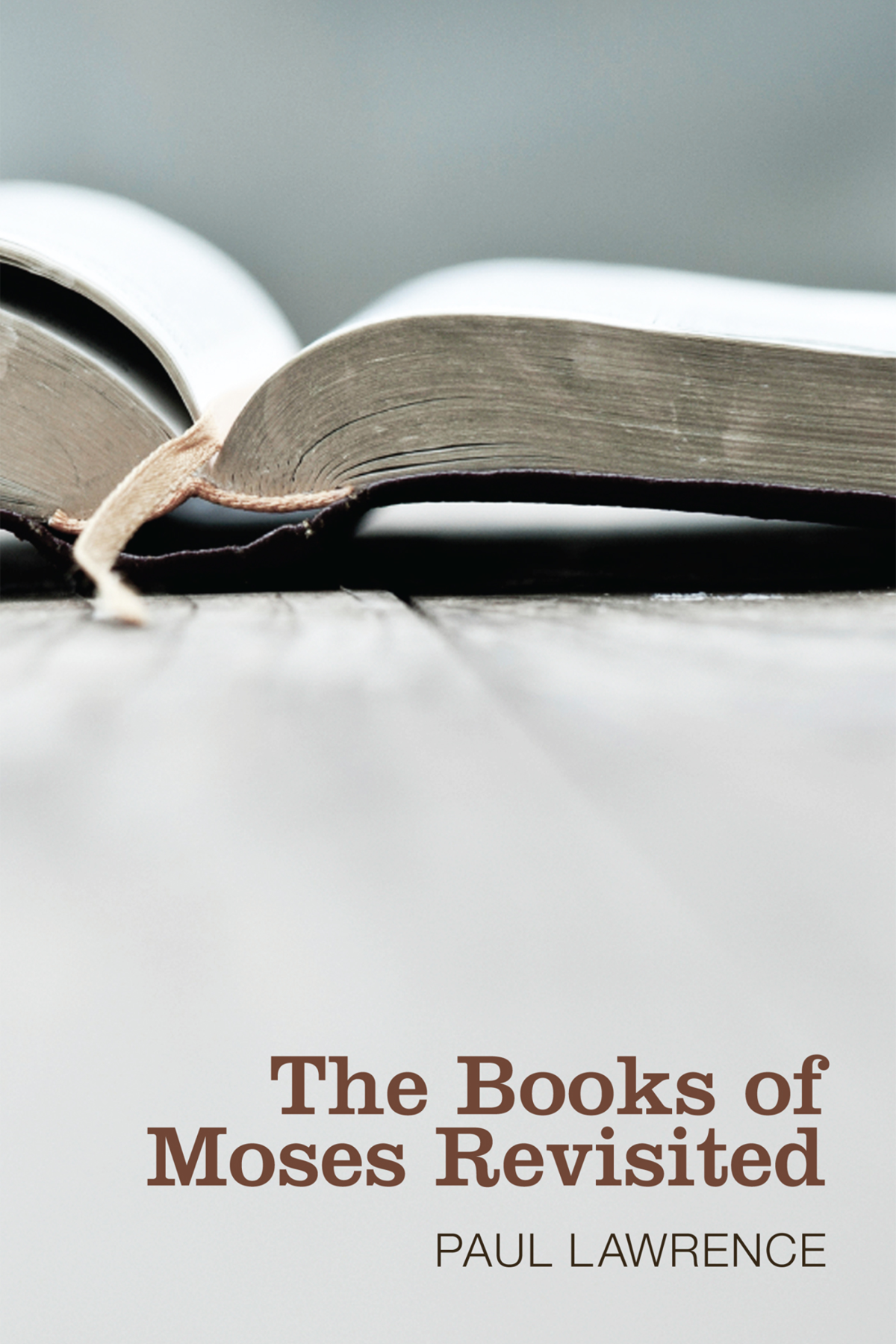

Most ebook files are in PDF format, so you can easily read them using various software such as Foxit Reader or directly on the Google Chrome browser.
Some ebook files are released by publishers in other formats such as .awz, .mobi, .epub, .fb2, etc. You may need to install specific software to read these formats on mobile/PC, such as Calibre.
Please read the tutorial at this link: https://ebookbell.com/faq
We offer FREE conversion to the popular formats you request; however, this may take some time. Therefore, right after payment, please email us, and we will try to provide the service as quickly as possible.
For some exceptional file formats or broken links (if any), please refrain from opening any disputes. Instead, email us first, and we will try to assist within a maximum of 6 hours.
EbookBell Team

0.0
0 reviewsWho wrote the first five books of the Bible? Does it really matter who did? The Books of Moses Revisited explores this question by comparing the covenants of Exodus/Leviticus and Deuteronomy with the inter-state treaties of the late second millennium BC. Some compelling similarities come to light, both in the pattern adopted and in many small details. Lawrence clearly demonstrates this with many examples and diagrams, yet without assuming that readers possess a detailed knowledge of ancient history and linguistics. Despite the entrenchment of the widely held theory--the so-called Documentary Hypothesis--that the first five books of the Bible were the product of an anonymous editor living many centuries after Moses, this book argues that the first five books of the Bible bear many hallmarks of being late second millennium BC compositions and that Moses should not be ruled out as being the author. The book also explores how several ancient texts--the Egyptian Story of Sinuhe, the Mesopotamian Epic of Gilgamesh, and Homer's Iliad and Odyssey--were transmitted in antiquity and suggests that a similar process also lies behind the transmission of the first five books of the Bible.